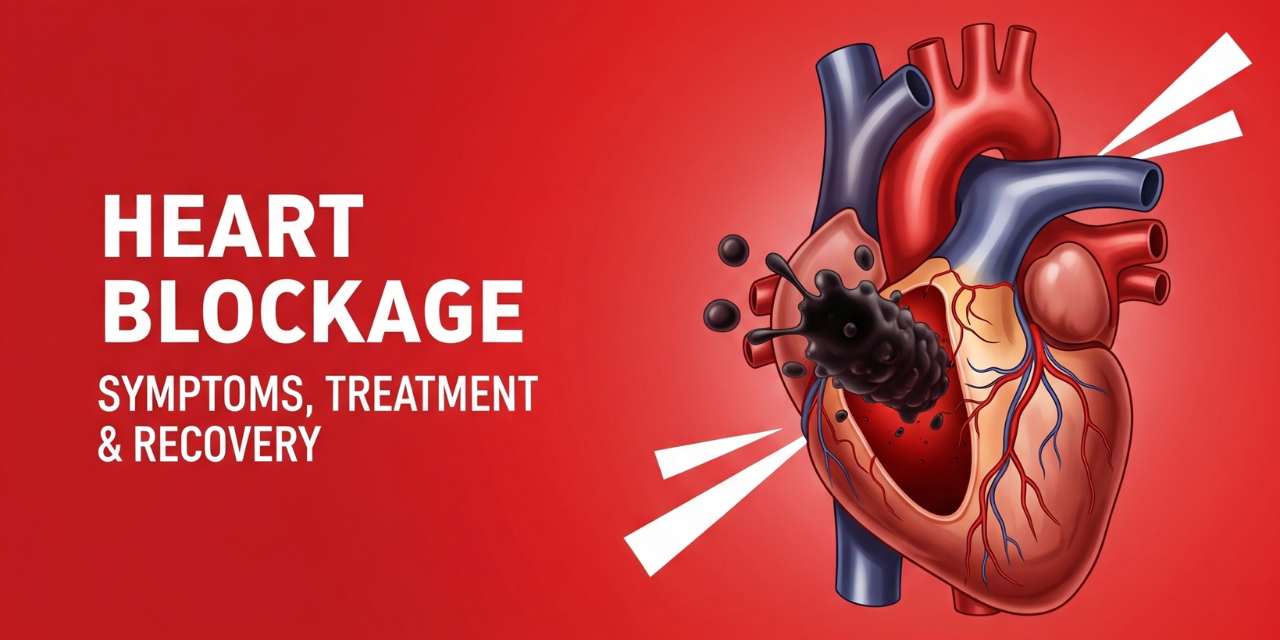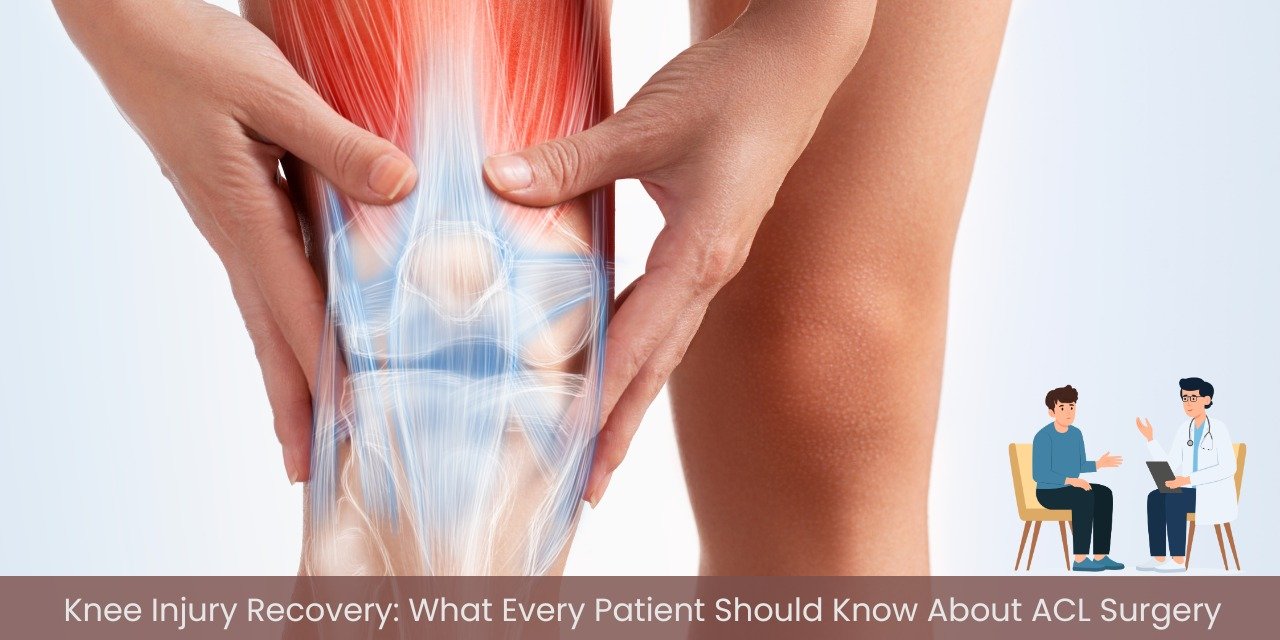Chest pain is a symptom that often causes concern and can indicate various underlying health issues, especially related to the heart. If you’re experiencing chest pain, it’s crucial to understand its potential causes and the importance of consulting a healthcare professional.
What is Chest Pain?
Chest pain can vary in intensity and type, ranging from sharp, stabbing sensations to a dull ache. It may be accompanied by other symptoms, including shortness of breath, sweating, nausea, or dizziness. While not all chest pain is heart-related, it can sometimes signal a heart attack or other serious conditions, making prompt medical attention essential.
Common Causes of Chest Pain
- Angina: This occurs when the heart muscle doesn’t receive enough blood, often due to narrowed arteries. It can cause discomfort or pressure in the chest, especially during physical activity or stress.
- Heart Attack: A heart attack happens when blood flow to a part of the heart is blocked. Symptoms may include severe chest pain, radiating pain in the arm or jaw, and shortness of breath.
- Pericarditis: Inflammation of the lining around the heart can lead to sharp, stabbing chest pain that may worsen with deep breathing or coughing.
- Pulmonary Issues: Conditions like pulmonary embolism or pneumonia can also manifest as chest pain, often accompanied by breathing difficulties.
When to Seek Treatment
If you experience persistent chest pain or any of the following symptoms, seek immediate medical help:
- Sudden, severe chest pain
- Pain that radiates to the arm, back, neck, or jaw
- Shortness of breath
- Nausea or vomiting
- Dizziness or lightheadedness
The Role of Your Doctor in Diagnosis and Treatment
Visiting a doctor when experiencing chest pain is crucial. Your healthcare provider will:
- Conduct a Comprehensive Evaluation: This includes a physical examination and a review of your medical history to understand the context of your symptoms.
- Perform Diagnostic Tests: Tests such as EKGs, echocardiograms, or stress tests can help identify the cause of your chest pain.
- Develop a Treatment Plan: Depending on the diagnosis, treatment may involve lifestyle changes, medication, or surgical interventions.
- Monitor Your Progress: Regular follow-ups ensure that your treatment is effective and allows adjustments as necessary.
Encouragement for Treatment
While the prospect of facing chest pain can be daunting, it’s essential to approach it with a proactive mindset. Early diagnosis and treatment can significantly improve outcomes and enhance your quality of life. Remember, your doctor is your ally in this journey—by seeking help, you empower yourself to take control of your heart health.
Conclusion
Chest pain can be a sign of serious health issues, especially concerning the heart. Understanding the symptoms and causes is vital, but equally important is seeking timely medical treatment. Don’t hesitate to reach out to your doctor if you experience chest pain. Dr. Sidharth Garg, a renowned heart specialist in Chandigarh, is dedicated to providing comprehensive care for heart-related concerns. Early intervention can make a significant difference in your health and well-being. Taking action is the first step toward a healthier heart!. To get more information please contact us on : +919855069991













